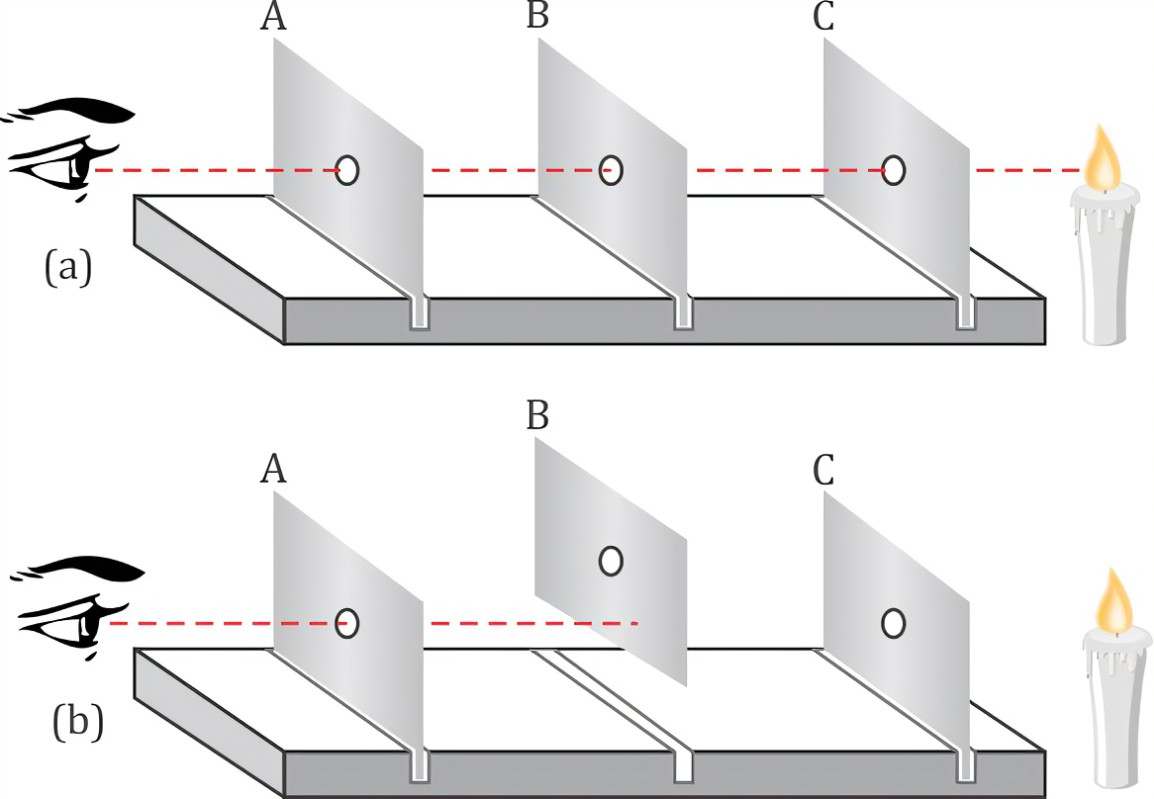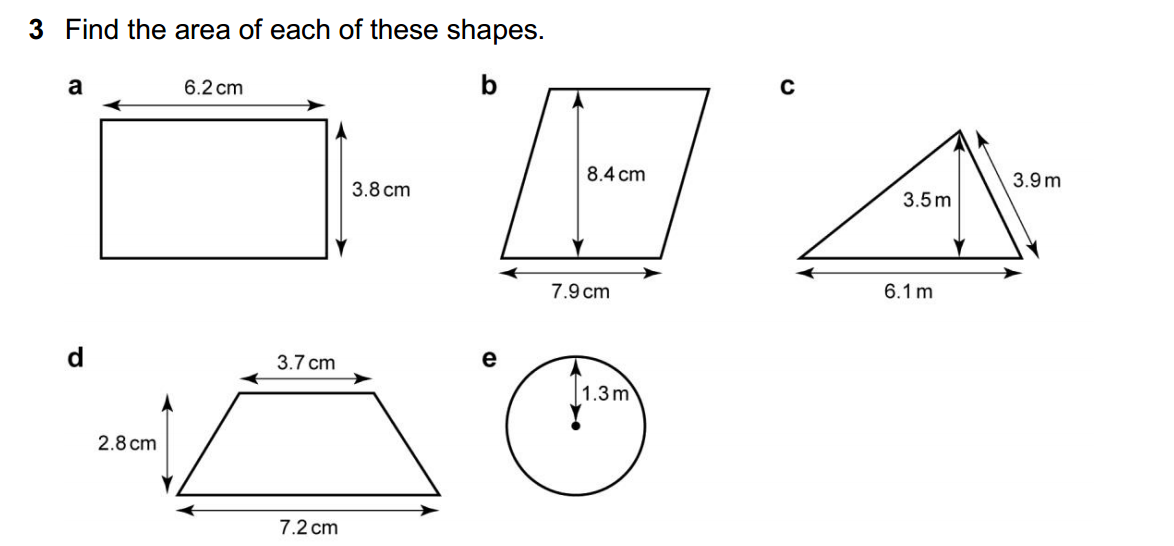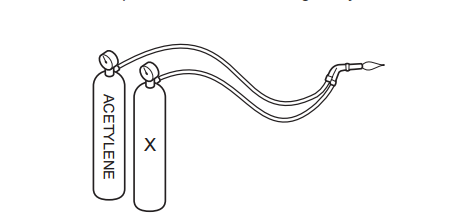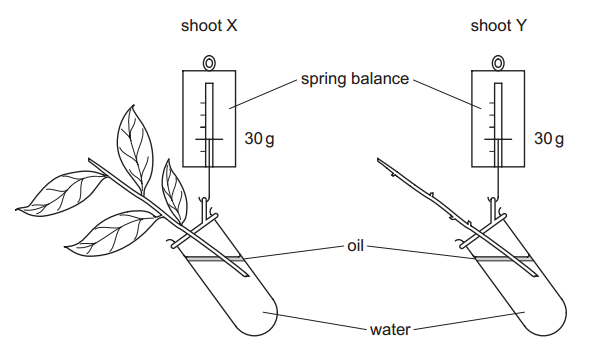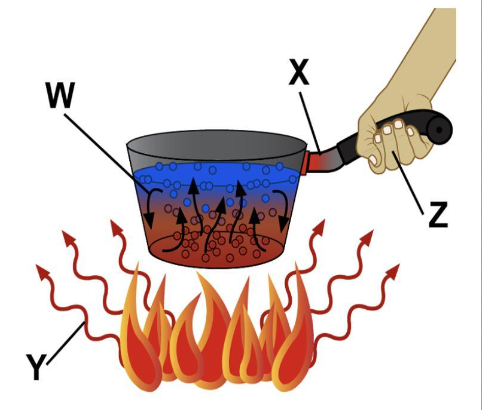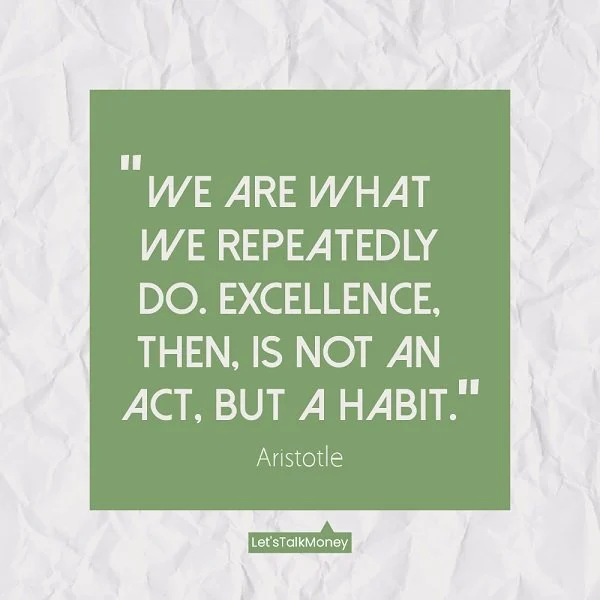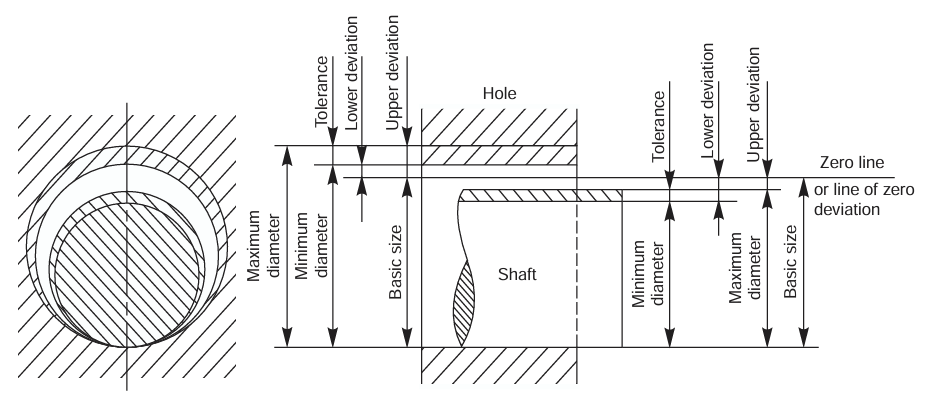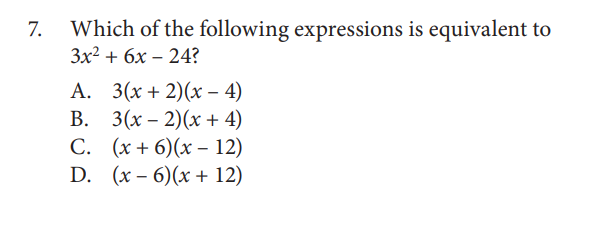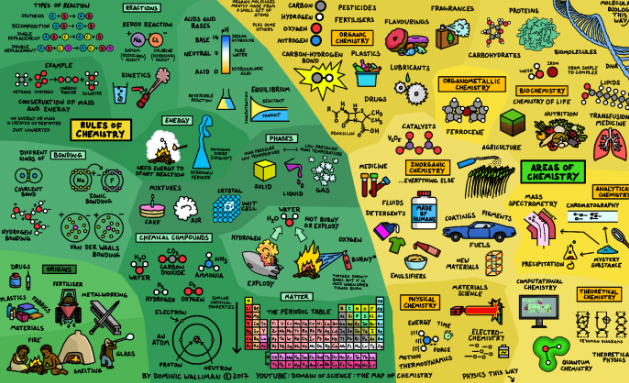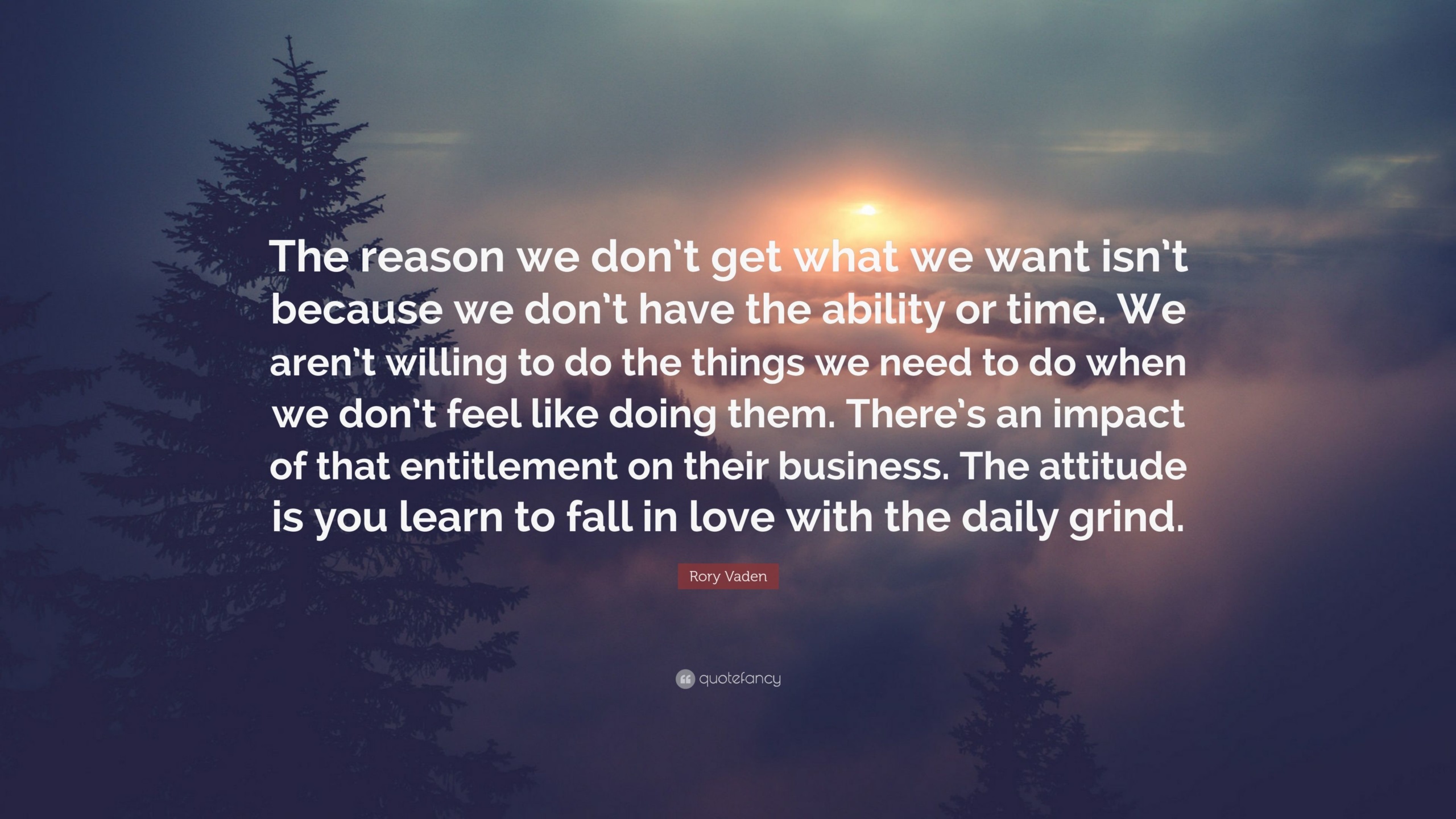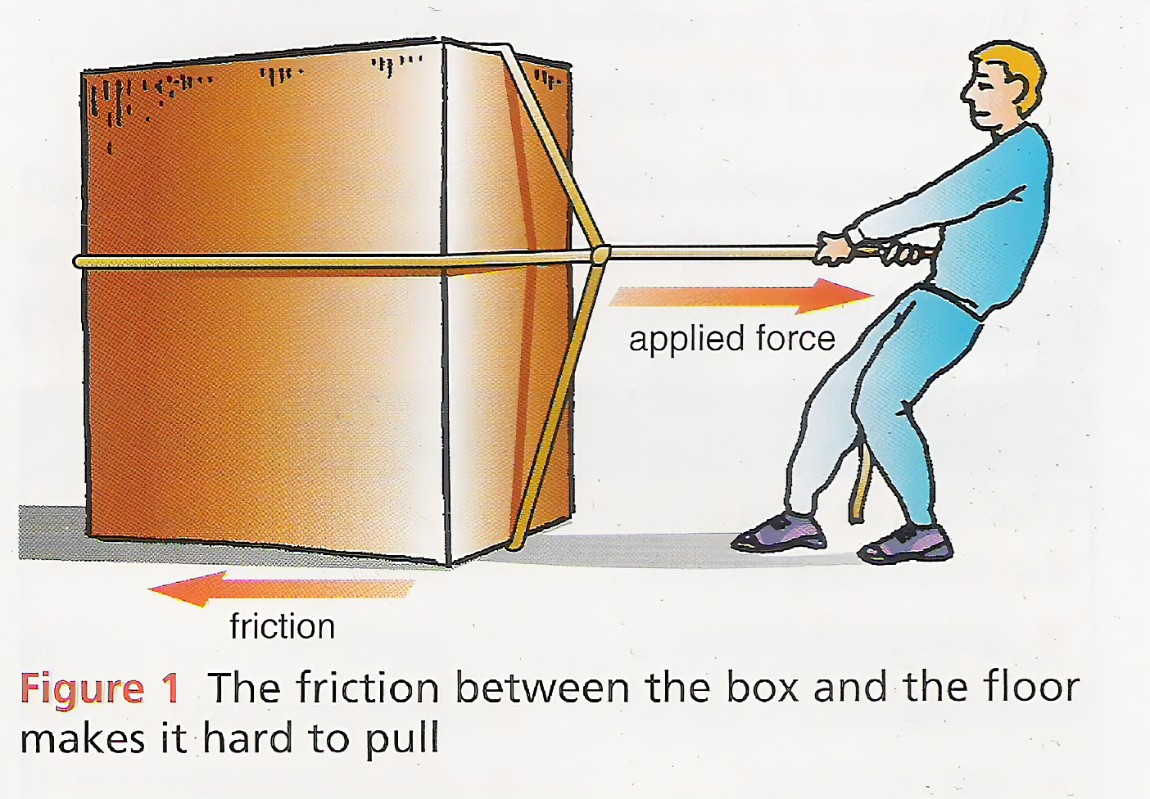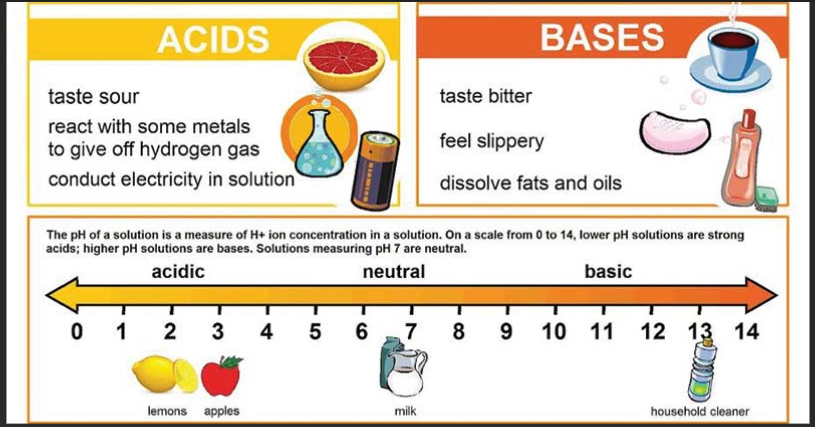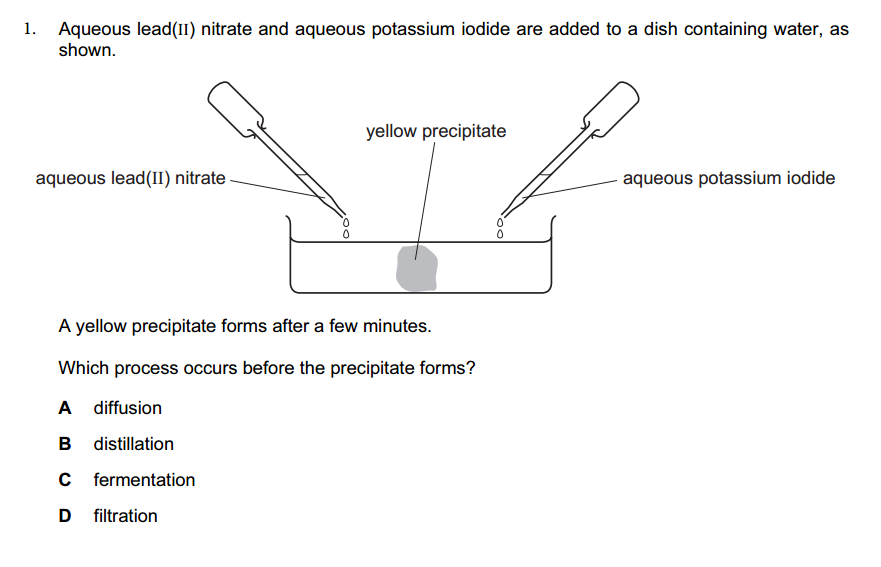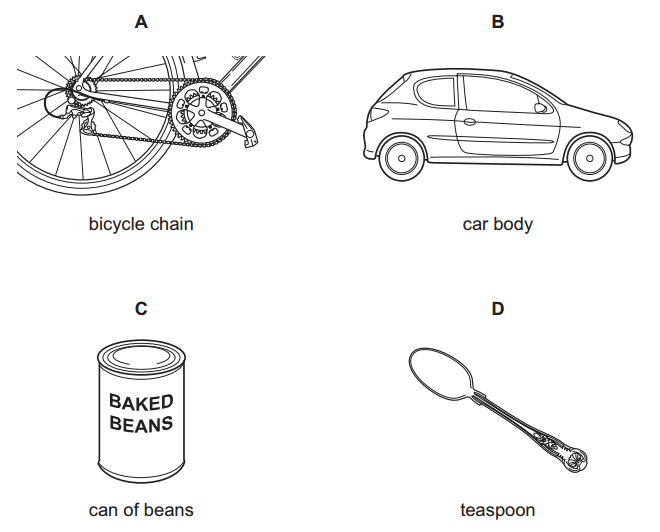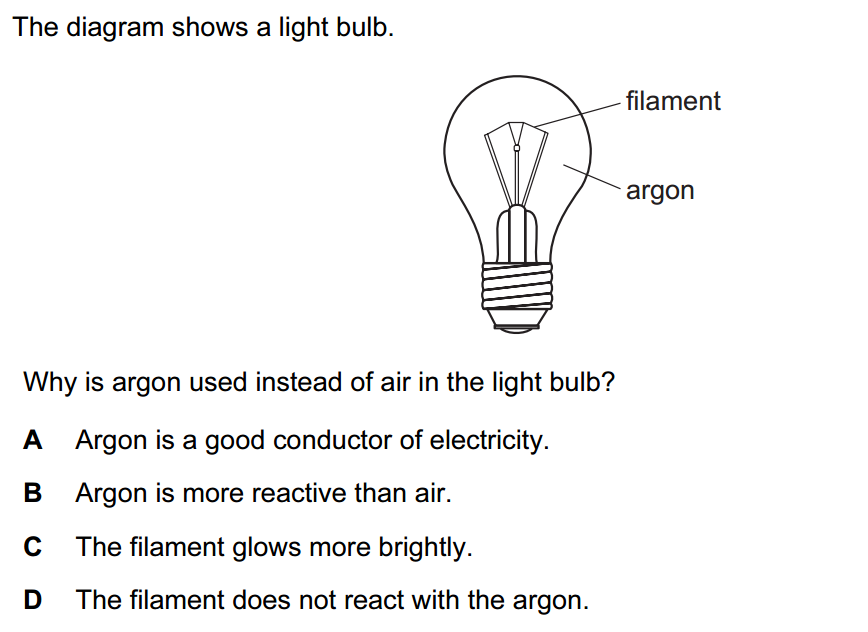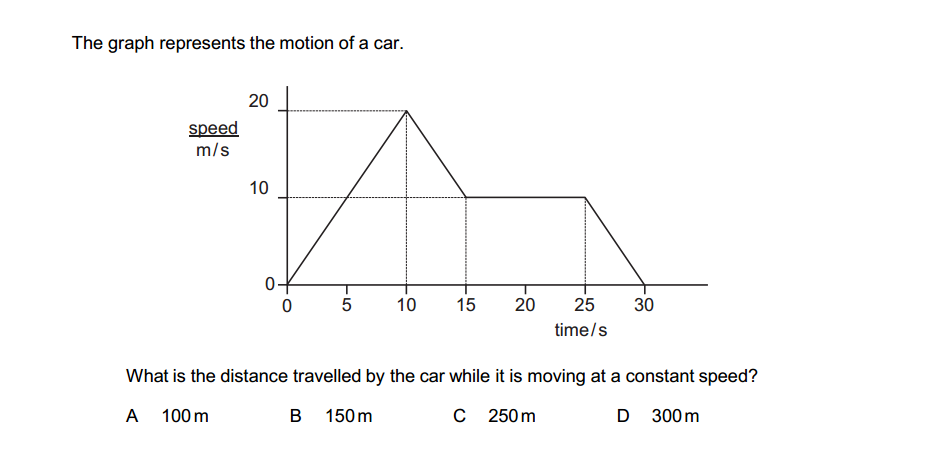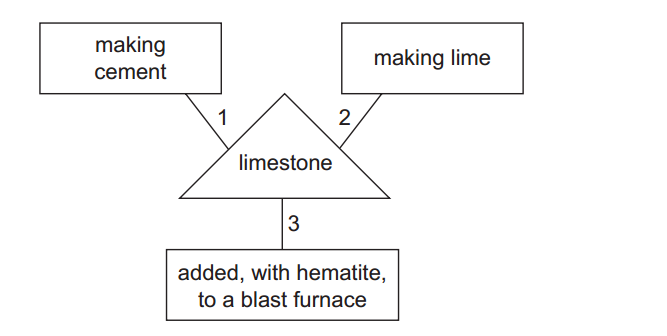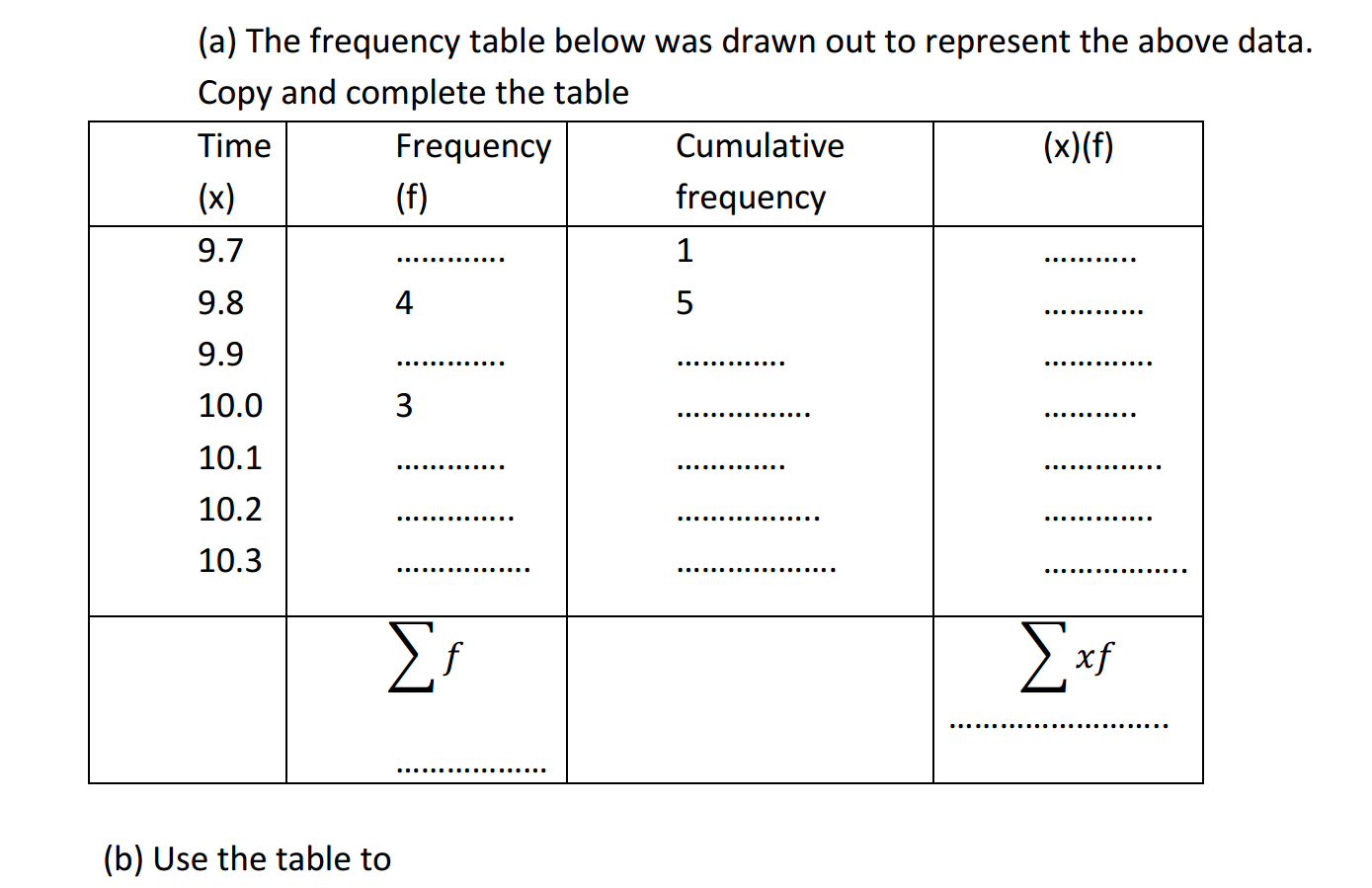Discovering your career path can be an exciting but sometimes challenging journey. Here are some steps you can take to help you discover your career:
- Self-Assessment: Start by understanding yourself, your interests, values, strengths, and weaknesses. Reflect on your passions, hobbies, and activities that bring you joy and fulfillment. Consider your personality traits and what kind of work environment aligns with your preferences.
- Explore Your Options: Research different careers and industries that align with your interests and skills. Look into job descriptions, educational requirements, salary potential, and growth opportunities. Talk to professionals in fields you find interesting and ask them about their experiences.
- Gain Experience: Gain hands-on experience in different areas through internships, part-time jobs, volunteering, or job shadowing. This will give you a practical understanding of different roles and industries and help you determine if they are a good fit for you.
- Network: Connect with professionals in industries or careers you are interested in. Attend career fairs, industry events, or join professional associations. Networking can provide valuable insights, mentorship, and potential job opportunities.
- Seek Guidance: Talk to career counselors, mentors, or trusted advisors who can provide guidance and support in your career exploration. They can offer insights, ask thought-provoking questions, and help you navigate the decision-making process.
- Experiment and Try New Things: Don’t be afraid to step out of your comfort zone and try new things. Take on new projects, enroll in courses or workshops, and explore hobbies or interests that may uncover hidden passions and talents.
- Reflect and Evaluate: Regularly reflect on your experiences, strengths, and interests. Evaluate what aspects of your experiences and roles you enjoyed the most and where you excel. Consider the values and goals that are important to you and how they align with potential career paths.
- Set Goals and Take Action: Based on your self-assessment and research, set short-term and long-term career goals. Break them down into actionable steps and create a plan to achieve them. Be proactive in seeking out opportunities, applying for relevant positions, or pursuing further education or training.
- Embrace Flexibility: Keep in mind that career paths are not always linear. Be open to exploring different options and be willing to adapt and adjust your course as you gain more insights and experiences.
- Stay Curious and Learn Continuously: Careers and industries evolve over time. Stay curious, embrace a growth mindset, and commit to continuous learning. Seek opportunities for professional development, stay updated with industry trends, and expand your knowledge and skills.
Remember that discovering your career is a process that may take time. Be patient, trust yourself, and be open to exploring different paths. By investing time and effort into self-reflection, exploration, and learning, you can increase your chances of finding a fulfilling and rewarding career.











